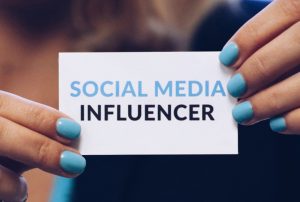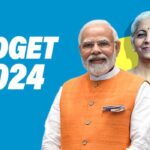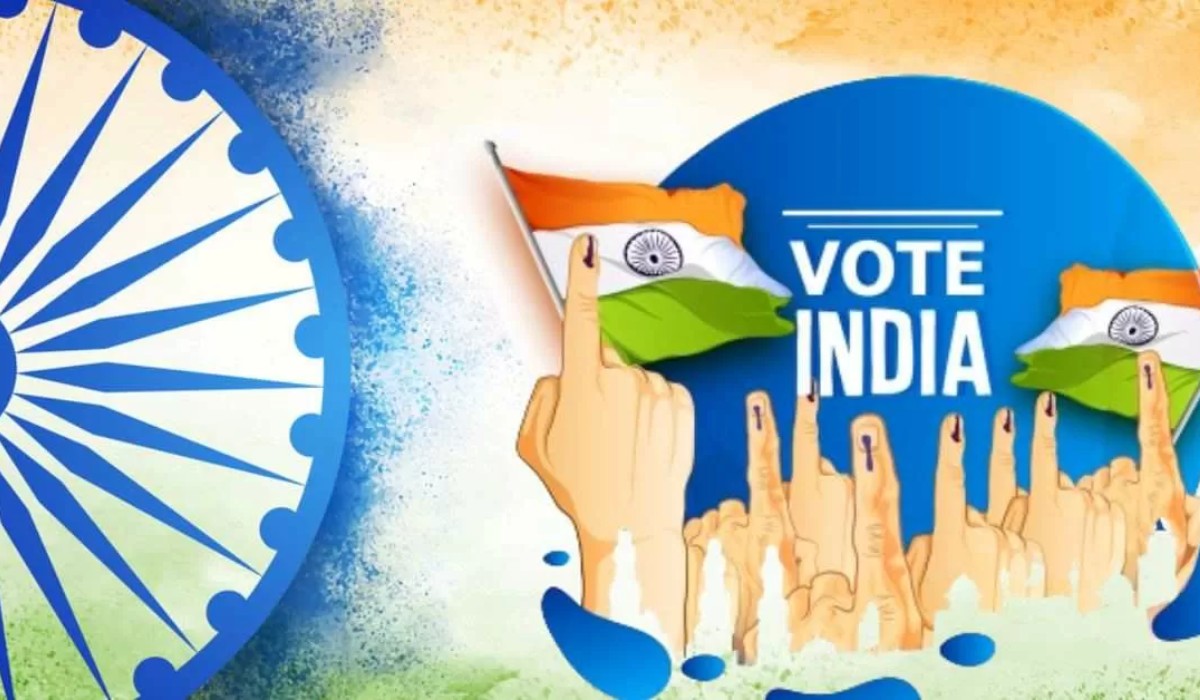Impact is a zero-sum game. More than how to influence people, the question is how to influence more than others.
Our society is driven by social influencers. The seller who wants to sell you a car, the politician who wants your vote and the influencer Tiktok who wants you to “like” their videos have one thing in common: they compete for your attention.
For scientists – in psychology, politics and computer science – understanding how we attract people’s attention is a challenge. In a recent study, we found that social impact is best understood as competition.

People often think of social influencers as a one-to-one relationship between the influencers and their target. But in every election there are at least two candidates. Similarly, thousands of videos are uploaded to TikTok every day, each hoping to be the one to go viral. And every time a seller sells a car, his competing colleagues lose a customer.
Game theory
We designed a laboratory model of social impact in the form of a game to be played by three people: one client and two counselors. The customer needs to buy one of two lottery tickets, but has no information as to which is better. The consultants, who have private access to such information, and compete for their hire by the client.
Our model, like social impact in real life, is a zero-sum game: the success of one counselor is the failure of the other. This allowed us to use game theory to find an optimal strategy for the consultant.
Our analysis of game theory has shown that a clear strategy can be formulated: if you already have an impact (if you were hired), be vague and stay close to the truth. If, on the other hand, you are ignored, be noisy, exaggerate and if necessary just lie to stand out.
We conducted seven trials with more than 800 participants fulfilling the client role. We found that a strategic distortion of the truth surpassed honest advice in acquiring individual clients and retaining them up to 80% of the time. When the advisers were strategically dishonest, they also managed to sweep away groups of clients who democratically elected their adviser in each round.

Competition Characteristics
Central to this model were the three hallmarks of competition for social impact:
- asymmetry of information
- delegation of future decisions
- unresolved uncertainty.
Asymmetry of information occurs when influence seekers (politicians or consultants) know more about an issue than the people they seek to influence (voters or clients).
In the political arena, the issues at stake are often too multidimensional and complex for people to receive information about. In the Brexit vote, for example, the areas that preferred to leave were also – to the surprise of many voters – the most dependent on EU markets for their local development.
Competition for social influencers often also involves delegating power: voters or clients who give politicians or fund managers the power to make future decisions on their behalf.
Finally, it is difficult to predict the future. Competition for social influence therefore tends to occur under high outcome uncertainty. It is difficult to assess the accuracy of the tips under high uncertainty. This creates opportunities for competing consultants to seek strategic impact because few will remember the failure of their radical but dishonest predictions.
Public support
Our findings suggest that the success of the unfairness stems from our willingness to jump to conclusions in retrospect. This aligns with what the research shows on how we evaluate the choices we have made.
If a counselor was the only one who predicted a bad outcome before it happened. We tend to think that they probably knew something that others did not know. While this may sometimes be true, it is often just pure luck.
An honest counselor, when ignored, is less effective (than his dishonest opponent) in persuading the client to go: a commitment to honesty prevents him from positioning himself as a radical alternative if there is no evidence to justify it.
These types of strategies are repeatedly and mercilessly triggered by attention-grabbing influencers that work. Our analysis helps explain why politicians who have repeatedly found out they lied can continue to enjoy public support. We hope that our work will create public awareness.











